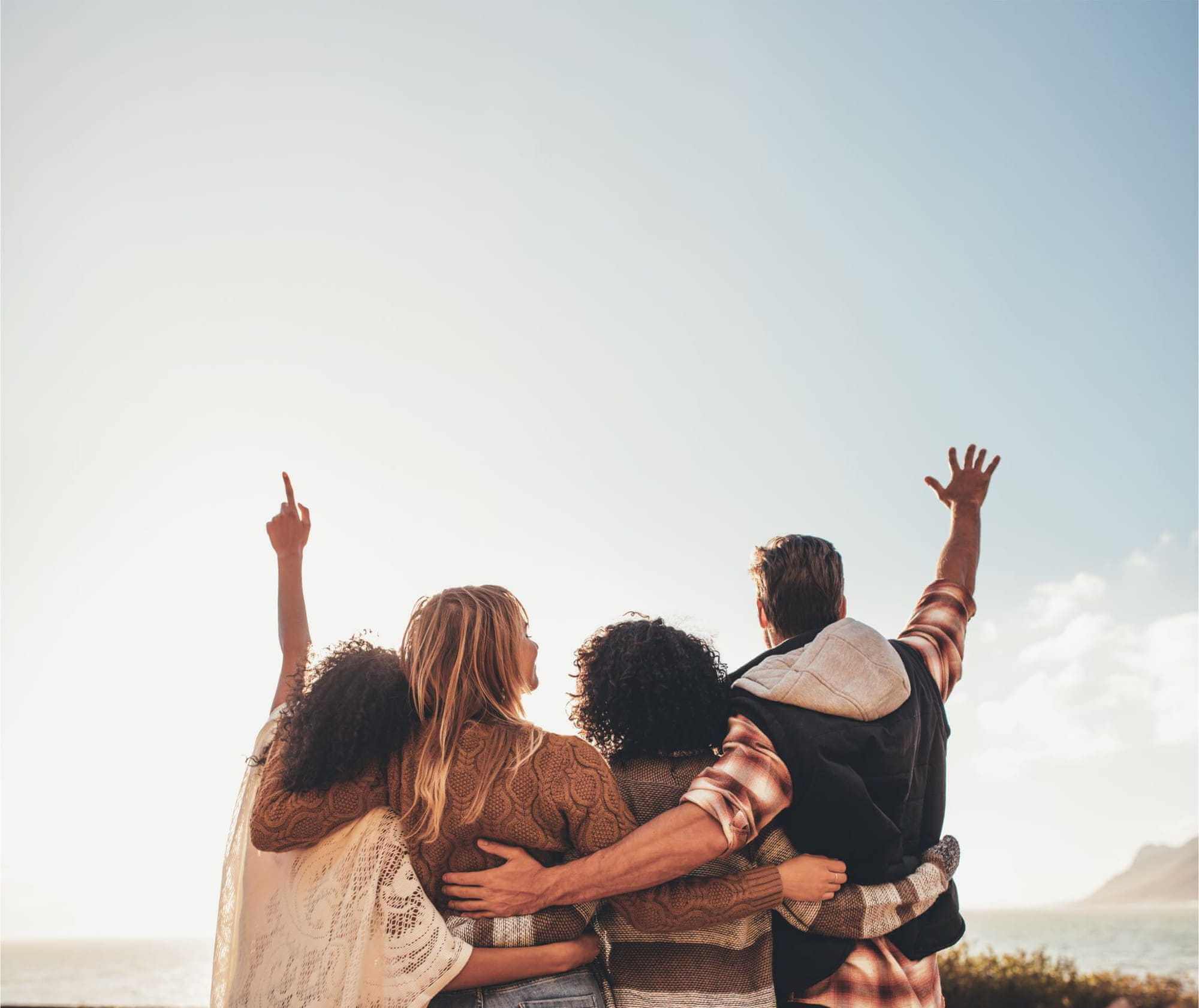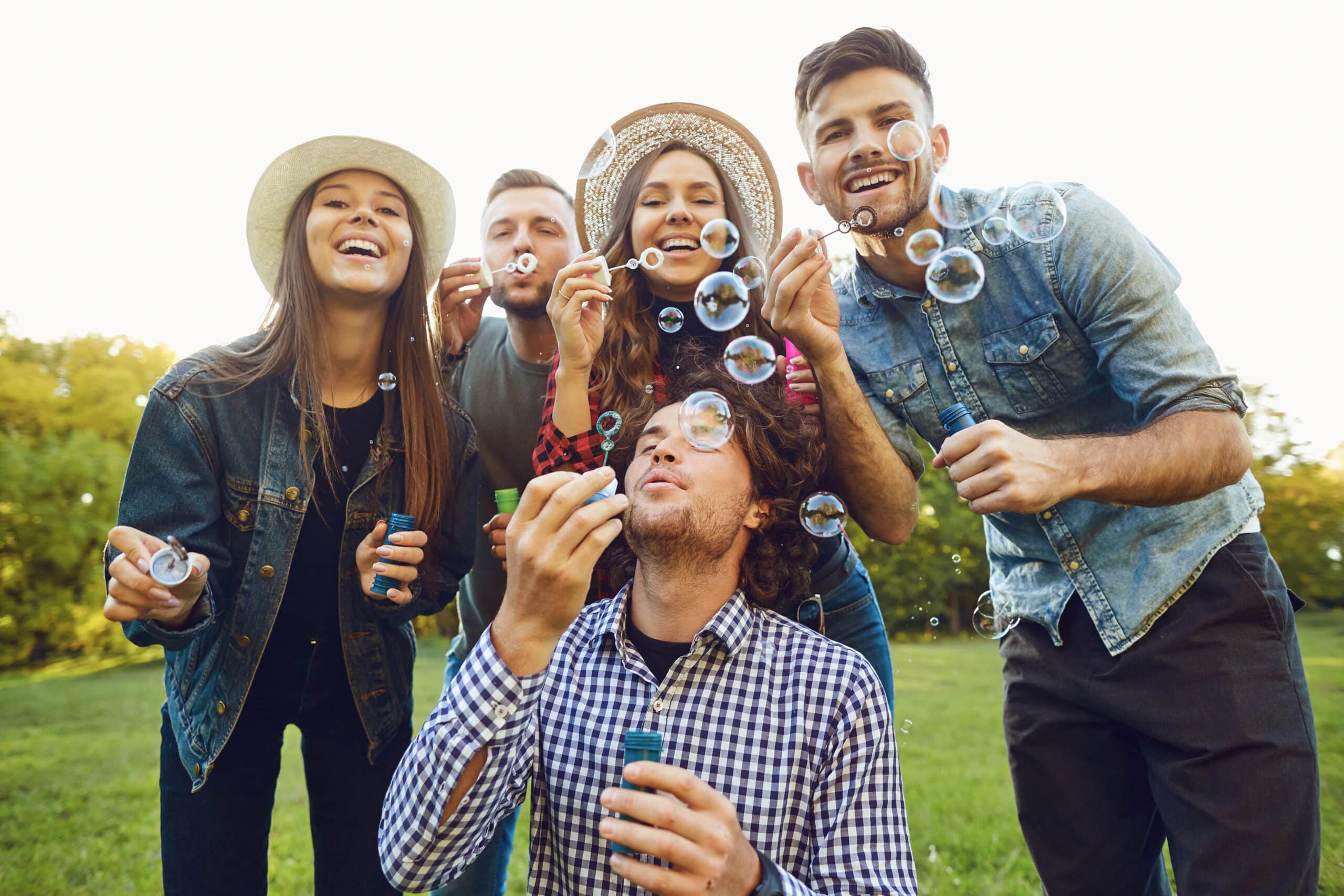What is Detox?
Our Drug and Alcohol Detox Center in Pennsylvania
We provide medication-assisted detox treatment at our Pennsylvania detox facilities. The purpose of medication is solely to ensure safe and effective detoxification. With 24-hour nursing care, our medical staff makes detox as comfortable as possible for each client. Additionally, we offer behavioral therapies to unify the mind, body, and soul. As part of our treatment plan, we aim to reduce stress and manage symptoms to help clients focus on recovery.
Unlike other detox programs, our luxury medical detox program features full-service and self-serve options. We provide our clients with a self-serve/open eating lounge that offers homemade and easily prepared comfort foods 24/7. Our Executive Chef is also a certified nutritionist and oversees our full-service kitchen. Unlike other drug detox facilities, we also provide our clients with nutritional assessments and customized meal plans designed by our licensed dietician.

We can help clients detox from the following addictions:
Detox Phases
Our drug detox services at Silver Pines, Pennsylvania, include three phases. During the first step of our program, a medical professional assesses whether drugs or alcohol are present and whether medical detoxification is needed. Additionally, we determine the client’s mental and physical health during this phase. Our medical staff will decide which treatment methods to use at this point.
In the next phase of treatment, stabilization takes place. During this phase, clients have stopped using drugs and are receiving individualized treatment based on their needs until their withdrawal symptoms subside.
The final step is to lay the foundation for further treatment. This element occurs when the client is comfortable and out of the worst part of withdrawal. Clients are encouraged to participate actively in therapy to address the root cause of their addiction and prevent relapse.
The Detox Process
Detox for addiction does not have a set length of time since it depends on many factors. Withdrawal symptoms usually appear between six and twenty-four hours after the last use. Most side effects occur within 24 to 72 hours after the last use of the drug. In addition, mild or moderate addictions may only require a few days of detox; severe addictions may require weeks of detox. It is not uncommon for individuals to continue to feel the effects of drug use and acute withdrawal even months after completing a drug or alcohol detoxification program.
The Dangers of Detox at Home
- Body pain
- Coma
- Death
- Fatigue
- Heart attack
- Irregular heartbeat
- Kidney Damage
- Respiratory problems
- Seizures
- Sleepiness
- Sweating
- Tremors


Our Holistic Detox Program
We provide holistic detox services, including alcohol detox, drug detox, and medical detox, which incorporate a variety of holistic therapies, medication-assisted treatment, and more. After the detox process is complete; our residential treatment program includes some of the following evidence-basedand experiential therapies:
- Nutrition Therapy
- Trauma Therapy
- Wilderness Therapy
- Yoga Therapy

